Our first Othering & Belonging Conference was held April 24–26, 2015 in Oakland, California. The sold-out event emphasized a productive discussion of the framework of "othering and belonging" and the profound ways these processes shape our structures, relationships, attitudes, and identities. A number of extraordinary visionaries, community advocates, and thought partners led us into a transformative exploration of othering and belonging—Andrew Solomon, bell hooks, Naomi Klein, Charles Blow, Ai-jen Poo, Lynn Manning, Manuel Pastor, Luis Garden Acosta, Rudy Mendoza-Denton, Angela Glover Blackwell, Guillermo Gómez-Peña, and Joanna Macy were just a few of the many changemakers who were part of this experiential space that modeled and advanced belonging. During its first large-scale public gathering, the Institute intentionally sought to bring together people representing a wide spectrum of disciplines - including scholars, researchers, policymakers, artists, and community advocates - to investigate what it means to be Othered or to Other, as well as to imagine and advance ways that promoted inclusivity and Belonging.
O&B 2015 Agenda
Below is our abbreviated agenda from the 2015 conference. Download the entire 2015 program here for bios on all speakers, sponsors, and other details from the 2015 Conference.
FRIDAY, APRIL 25
4:00 pm - Registration Opens
6:00 pm - Dessert Reception
Featuring Maya Kronfeld with Ravi Abcarian and Ruth Price
6:50 pm - Drumming Call
Featuring Carolyn Brandy on drums with Afia Walking Tree and Michaelle Goerlitz
7:00 pm - Conference Opening
with Shakti Butler, Conference Emcee & Facilitator
7:10 pm - UC Berkeley Welcome
with Gibor Basri, Vice Chancellor of Equity & Inclusion
University of California, Berkeley
7:20 pm - Welcome
with john a. powell, Director, Haas Institute for a Fair and Inclusive Society, Professor of Law, African American and Ethnic Studies, University of California, Berkeley
7:30 pm: Keynote Address: "Far From The Tree," by Andrew Solomon
In his masterpiece, Far From the Tree, Andrew Solomon investigates the myriad of horizontal identities experienced at the margins of society. In the process, he surfaces the shared experiences and perspectives of Othering and the search for community and Belonging that such marginality all too frequently entails. Join us as Andrew draws from his research and life experience to convey an unparalleled and compelling portrait of difference and the ultimate power of love.
8:30 pm - Keynote Performance: "WEIGHTS," with artist Lynn Manning
At age 23, Lynn Manning was shot in the face and blinded by a stranger in a Hollywood bar. Through the use of dramatic story telling peppered with poetry and humor, Lynn recreates that fateful night, then takes the audience on an emotional roller-coaster ride through his life growing up impoverished in South central Los Angeles. There are gut wrenching tales of child neglect, a comedic reenactment of learning to use a white cane, and thought-provoking revelations about his “metamorphosis from black man to blind man” in America. WEIGHTS is ultimately an artist’s tale of triumph and redemption.
SATURDAY, APRIL 25
7:30 am - Meditation/Prayer Room Opens
8:00 am- Breakfast and Registration Open
9:00 am - Opening Song, with Melanie DeMore
9:15 am - Day’s Opening, with emcee Shakti Butler
9:20 am - Keynote Address: "Othering & Belonging: A Framework for a Fair and Inclusive Society", by john a. powell
Othering is a frame that captures the many forms of prejudice and persistent marginality, but also explains and analyzes a set of common processes and mechanisms that engender Othering. john powell will share the investigation and framework of Othering in this keynote address that underpins the concept behind this conference. In doing so, he will also focus on that which we ultimately seek: to identify and advocate for interventions that foster and promote Belonging. We need inclusive structures, new identities and new narratives that will ultimately help us to expand, as john powell calls it, “the circle of human concern.”
9:45 am - Plenary Panel "The Interplay of Othering Toward Belonging", with Joanna Macy, Rudy Mendoza-Denton, and moderated by john a. powell
What is Othering? How does the frame of Othering direct our attention and help us better understand the forces of marginality in the human experience? This panel will investigate the core mechanisms that engender marginality across any of the full range of human differences drawing from social science and begin to discern possibilities for promoting a more inclusive society.
10:45 am - BREAK
11:00 am - CONCURRENT BREAKOUT SESSIONS
- Advancing Inclusive Government with Jovanka Beckles, Richmond City Councilmember; Glenn Harris, Center for Social Inclusion; Zoë Levitt, Alameda County Public Health; Julie Nelson, Govt. Alliance for Race & Equity; Mike Parker, Richmond Progressive Alliance; Dawn Phillips, Causa Justa::Just Cause
This workshop will explore the topic of inclusive democracy through the lens of governmental transformation. The discussion will examine intersections with other types of oppression, and highlight strategies necessary for synergy between governmental institutions and community-based organizations. Each of the sites will share a case study—a real life experience from the field—and will discuss questions such as: how can we focus and align collective strategies and measures so that we make real progress? What are the challenges of working “inside?” or “outside?” How can we grapple with the tensions that exist, while recognizing that there are deep intergenerational reasons for communities that lack trust in government? The workshop will include an interactive discussion on what is necessary to build commitments to achieve equity, and strengthen trusting relationships. - Beyond Bodies with Renu Adhikari, Women’s Rehabilitation Centre; Darren Arquero, UC Berkeley; Stephanie Llanes, UC Berkeley: Russell Robinson, Berkeley Law; Kim Tran, UC Berkeley
How do bodies move throughout space? How are our bodies inscribed into systems of marginalization, as well as empowerment? What affective environments unconsciously yet tangibly affect our modes of existence, whether physical, emotional, or spiritual? For women and those existing in bodies considered to be non-normative, we inhabit a space that is circumscribed by precarity and violence as a result of differences in gender, sexuality, and race. Given the pervasive discourse of colorblindness and the unease at confronting violence against gendered and sexualized minorities, this workshop seeks to engage gender, sexuality, and race as intersectional states of contestation and difference. Discussions and dialogue will center on how differently-situated bodies negotiate social and institutional space through established forms of recourse (e.g. politics and law), as well as through forms of cultural production (e.g. poetry, storytelling, social media, etc.). - Disability Incarcerated with Karen Nakamura, Yale University; Sue Schweik, UC Berkeley
This workshop will recap, extend, and explore questions opened up by the recent “Disability Incarcerated” event on the UC Berkeley campus, a symposium and gathering that responded to the recent book of the same title. Together we will map some intersections of policing, imprisonment, and the disabled body. The workshop will aim, as performance collective Sins Invalid puts it, to “step into the conspicuous void within critiques of the ‘prison industrial complex,’ namely the absence of discussion of disability oppression.” - Environmental Othering: Climate, Public Health, Food Justice, with Anjali Appadurai, West Cost Environmental Law; Elsadig Elsheikh, Haas Institute; Eric Holt-Giménez, Food First; Rachel Morello-Frosch, UC Berkeley
This workshop will examine and explore questions of how various groups are Othered or made vulnerable by environmental impacts. Marginalized populations and geographies have disproportionately paid the heftiest tolls due to the disastrous impacts of environmental degradation. For these people, climate change existentially threatens their lives, national economies, access to food, and health due to hazardous exposure. Discussions during this workshop will focus on vulnerability to climate change—including adaptability, response, access to food, and the built environment—and how global marginalized populations are positioned relative to other environmental issues. How can climate justice challenge the very notion of structural racialization and barriers to democratic, fair and inclusive societies? This workshop will engage the possibility of imagining adaptability and solutions to mitigate dire current and future climate conditions, while challenging structural barriers that continue to inflict environmental disasters on marginalized populations everywhere. - Promoting Inclusive Public Space with Derrick Clifton, Journalist; Setha Low, City University New York; Stephen Menendian, Haas Institute
This workshop will look at the various ways in which physical public space is either circumscribed to marginalized populations or is dominated by non-marginalized groups. The question of public space is not disuse, but the design and management of public space so that everyone feels “welcome” and to improve, rather than reduce social and cultural diversity. Too many marginalized people lack full and welcome access to public space, rendering the spaces non-public/non-private. We start from the assumption that building a more inclusive public space is a necessary step to dealing with a range of problems, not least of which is climate change, racial profiling and street harassment, but also the larger issue of protecting and building a robust public space for all people. This workshop will explore power dynamics in public spaces and advance a conversation on the built environment, and examine how to construct and maintain spaces where everyone feels welcome. - Towards Belonging: BlackLivesMatter with Alana Banks, UC Berkeley; Alicia Garza, Domestic Workers Alliance; Na’ilah Nasir, UC Berkeley; Dorsey Nunn, Legal Services for Prisoners with Children
The dynamic Black Lives Matter Movement has emerged in recent months in response to multiple cases of police and vigilante killings of black men and women across the country. While it comes out of the struggle against violence, the leaders of the movement are beginning to articulate an analysis and framework that ties violence against black youth to broader questions of systemic social exclusion of people of African descent. This workshop will explore the shared Othering of black men and women in society as well as exclusion both within the black community and across a spectrum of statuses—incarcerated and formerly incarcerated people; documented and undocumented immigrants; LGBTQ communities; disabled people; and more. Discussions will also examine the processes, organizations and movements that are promoting Belonging and creating a space in the public discourse to expose the marginalization of black peoples, as well as to promote the changes in public policy necessary to advance an inclusive society. How is the notion of Belonging being articulated and practiced?
12:15 PM - LUNCH
Pick up lunch in the grand foyer and join fellow attendees in the grand ballroom to connect and network.
Screenprinting Demo
There will be a screenprinting demo in the grand ballroom with Oakland-based artist-activist Melanie Cervantes of Dignidad Rebelde. There has never been a movement for social change without arts playing a critical role in transforming culture. Graphics in particular are powerful living reminders of various struggles for justice. Melanie will be conducting a live screen printing demonstration and and will provide attendees the opportunity to print posters of a pre-made design by Dignidad Rebelde.
1:00 pm - Performance: Dead Center of the Heart: A Duet, with Tria Andrews & Blu Wakpa
This performance uses Indigenous Hand Talk, spoken word, and movement to highlight the continuity between the past and present, which results from the structural oppression of Native peoples. Such an understanding of temporality is common in critical ethnic studies and Native epistemologies, which have evolved with modernity to create new traditions.
1:15 pm - Plenary Panel: "Transforming Othering into Belonging: A Movement for a Fair and Inclusive Society", with Manuel Pastor, Ai-jen Poo, and Luis Garden Acosta with audience q&a
In their life work, Manuel Pastor, Luis Garden Acosta and Ai-jen Poo have all engaged in various processes of transforming Othering into Belonging. The intricate art of weaving the strategic strands of movement, relationship, and vision into genuine formats that powerfully confront Othering will be explored during this session. We will investigate and reflect on the opportunities and possibilities that emerge when we engage and lead with vision and values for a fair and inclusive society.
2:30 pm - BREAK
2:40 PM - Film & Talk: "Finding Beauty in Difference," with Judith Smith, AXIS Dance Company
Judith Smith, the co-founder of AXIS Dance, will chronicle AXIS’ journey from its beginning as an experiment in movement to its profile as a recognized force in contemporary dance. She will talk about the challenges and opportunities that exist when dancers with and without physical disabilities come together to create dance. Hear stories of AXIS’ impact and how this work is changing the face of dance and disability.
2:50 pm - Facilitated Small Group Discussions: "Recreating Art As Practice for Belonging," with Shakti Butler as Facilitator
Emcee Dr. Shakti Butler will facilitate small group discussions to reflect on how our work—whether we are artists, policymakers, researchers, community organizers, or dancers, or any other line of work— creates Belonging and Othering, and why including people not already welcomed into the circle of Belonging is an important aspect of being human.
3:45 pm - Dance Performance, by AXIS Dance Company
AXIS Dance Company shows an excerpt of a brand new work in progress, a collaboration with choreographerJoe Goode that addresses the issues and resilience of veterans through their own words.
4:00 pm - Reception - Connect with others and refresh with hors d’oeuvres and beverages at this afternoon reception
4:30 pm- Keynote Dialogue; A Conversation with Charles Blow, with Michael Omi and Charles Blow
with Audience Q&A
How can we understand, respond to, and effectively challenge the persistent patterns of marginalization and inequality in institutional and everyday life? Charles M. Blow draws upon his recent memoir, Fire Shut Up in My Bones, and perspectives from his weekly New York Times column, to reflect on the political and moral issues raised by recent events such as Ferguson, Indiana’s religious freedom law, and a University of Oklahoma fraternity’s racist chant.
5:30 pm - Keynote Performance: "Imaginary Activism: The Role of the Artist Beyond the Art World," by Guillermo Gómez-Peña
Throughout his prolific body of work, Guillermo Gómez-Peña has innovatively explored the issues of Othering and Belonging by pushing the mainstream to the margins, allowing us to see new possibilities through the arts. In one of his earliest documented art pieces, The Loneliness of the Immigrant, he viscerally represented how one’s status as a Mexican homeless person rendered a human literally invisible to the Anglo California population. Join us for Guillermo’s powerful performance, as we celebrate his commitment over the last 20 years to the creation of intercultural, cross-border collaborations that create “a total universe capable of containing our extreme differences.”
SUNDAY APRIL 26
7:30 am - Meditation/Prayer Room Opens
8:00 am - Breakfast and Registration Table Opens
9:00 am - Keynote Performance: "Our Name Be Witness" with Marvin K. White
Guided by the voices of the women who birthed, raised and claimed him, Marvin lifts and makes available through these unlikely sources of divinity, a theopoetics on love, faith and justice. Marvin puts these still-talking women in conversation with the voices he hears in the din of public transportation, social media, and seminary. Marvin’s sermon is an offering to the “othered ones,” their wisdoms, their survival and their love.
9:15 am - Reflections and Group Sharing, facilitated by host Shakti Butler
9:30 am - Keynote Dialogue: Belonging Through Connection, Connecting Through Love: Oneself, the Other, and the Earth, with bell hooks and john a. powell with audience q&a
There are three constructed schisms to oneself, the other, and the earth. In reality, there is no schism, but rather a need to acknowledge and live through connection. How do we realize and celebrate these connections to ourselves, the other, and the earth in a way that promotes and ensures Belonging? Building on bell hooks’ understanding of love as a verb shifts how we approach and conceptualize love. Love as an “interactive practice” has the potential to deconstruct many of the barriers built within us, institutions and society at large. What transformations must take place beyond this conference to authentically build a society of Belonging that recognizes connection as a practice of love?
10:30 am - BREAK
10:45 am - CONCURRENT BREAKOUT SESSIONS
- A Deeper Sense of Self: Religion, Faith, and Being, with Hatem Bazian, Zaytuna College & UC Berkeley; Jakada Imani, Pacific School of Religion; Shelly Tochluk, Mt St. Mary’s University
This workshop will explore the growing need to reinvigorate the role of religion and communities of faith, as both speak to deep moral and social issues around Othering and Belonging. Across the nation, there are many rich and deep faith traditions that have led discussions on social issues. Many of these groups and their leaders are seeking to reestablish a positive, influential role on social justice matters. This workshop will feature, bring into conversation, and create a space for people of faith to discuss the issues of Othering and Belonging. It will explore a couple of key themes: how do religious and faith-based communities welcome differences and promote inclusion, and how do their own traditions speak to this issue? How do communities of faith bridge the inter-faith divide, and creative progressive alliances that seek common aims inspired by their respective faith traditions? How can we explore the ontological questions and deep moral values that these traditions speak to in terms of the framework of Othering and Belonging? - Belonging and Diversity in the Tech Economy; with Kimberly Bryant, Black Girls Code; Gary Bolles, eParachute; Cindy Cooley, Cisco; Rajkumari Neogy, iRestart; Billy Vaughn, DiversityTraining Univ. Int’l
Recent headlines have focused on the role of hi-tech companies and technology in the changing dynamic of Bay Area cities. This panel will explore what tech companies can do to play their part in diversity, inclusion, and economic opportunity for all. What are the barriers to entry and advancement? What programs are working that help to create better opportunity in hi-tech? Since technology is also helping to fuel seismic changes in our workforce, the workshop will also include discussion of the ways that technology itself can play a distinct part in Othering and Belonging. - Inclusive Public Finance, with Wallace Turbeville, DEMOS; Cynthia Kaufman, DeAnza University; Maurice Weeks, ACCE; Wendy Ake, Haas Institute
Austerity is pervasive in communities across the country. Resulting problems can include transportation and utility infrastructures left in need of repair; a housing recovery that has yet to be delivered to many neighborhoods; public employee pensions and other benefits that have been curtailed; underfunded and struggling public schools; public health systems that fail to provide critical services; high unemployment; and emergency responders that fail to adequately protect our communities. This is not a fragmented landscape of crises in the separate spheres of transportation, environment, housing, employment, or education—these are symptoms of a pervasive economic crisis. While the economy presents itself as a wealth generator for some groups, it manifests as a financial crisis for others. In this workshop, we develop a rationale to put the economy on the agenda for change and equity. When we say the problem is economic, what does that mean and how does it help us identify a target for change? When we say the economy prohibits inclusion, how does this happen? What should promoting equity look like from an economic perspective? - Othering Through Immigration and Incarceration, with Nunu Kidane, Priority African Network; Genevieve Negrón-Gonzales, USF; Gihan Perera, Florida New Majority; Priscila Muñoz Sandoval, UC Berkeley; Jonathan Simon, Berkeley Law
This workshop will explore the contours of a shared Othering process among documented and undocumented immigrants and incarcerated and formerly incarcerated persons. Panelists will lead an analysis and dialogue on the role of race and dehumanization within immigration control and mass incarceration. Discussions will examine how both these systems produce marginality and exclusion from public and private spaces, and will identify the range of inter-related interventions that could promote inclusion for both populations simultaneously. In particular, this interactive panel is an exploration of how the immigration enforcement system has come to resemble traditional law enforcement. The implications for both resistance and compliance among local and state entities may frame: response models for the drug war; efforts to extend basic democratic norms to those touched by the immigration and incarceration systems; and efforts to extend and expand service provision (health care, education, employment skills, housing, etc.) to these populations.
NOON- LUNCH
12:15 pm - Lunch Performance, by Destiny Junior Company
12:30 pm- Lunch Keynote Address: "Equity: The Superior Model for Promoting Belonging," by Angela Glover Blackwell
What are policies that promote equity and inclusion and policies that bring communities together to advocate for those policies?
1:15 pm - Closing Keynote Address: "Imagining a Future Without Sacrifice Zones: Othering and the Climate Crisis," by Naomi Klein
One of the themes of the conference is the repurposing of government away from investing in people under the paradigm of market fundamentalism and neo-liberalism, and how this process has been driven largely by the anxiety of the Other. From No Logo, Shock Doctrine, to This Changes Everything, no one has taken a closer look at the dire ramifications and implications of this paradigm for our planet and our society as esteemed author and activist Naomi Klein.
2:25 pm - Closing Remarks, by john a. powell
2:35 pm - Closing Song, with Melanie DeMore
Some of our 2015 Speakers Included:
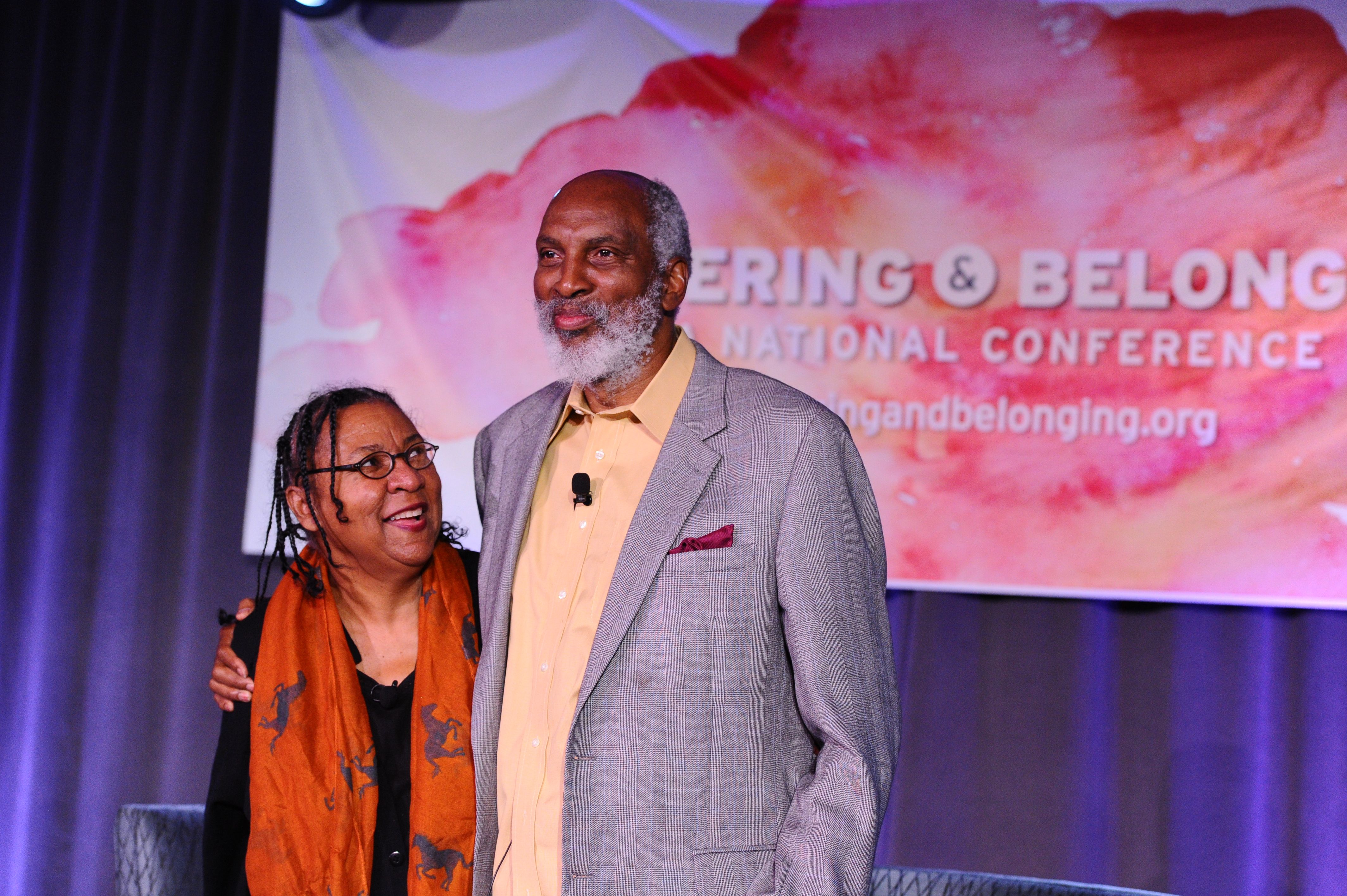
bell hooks & john a. powell
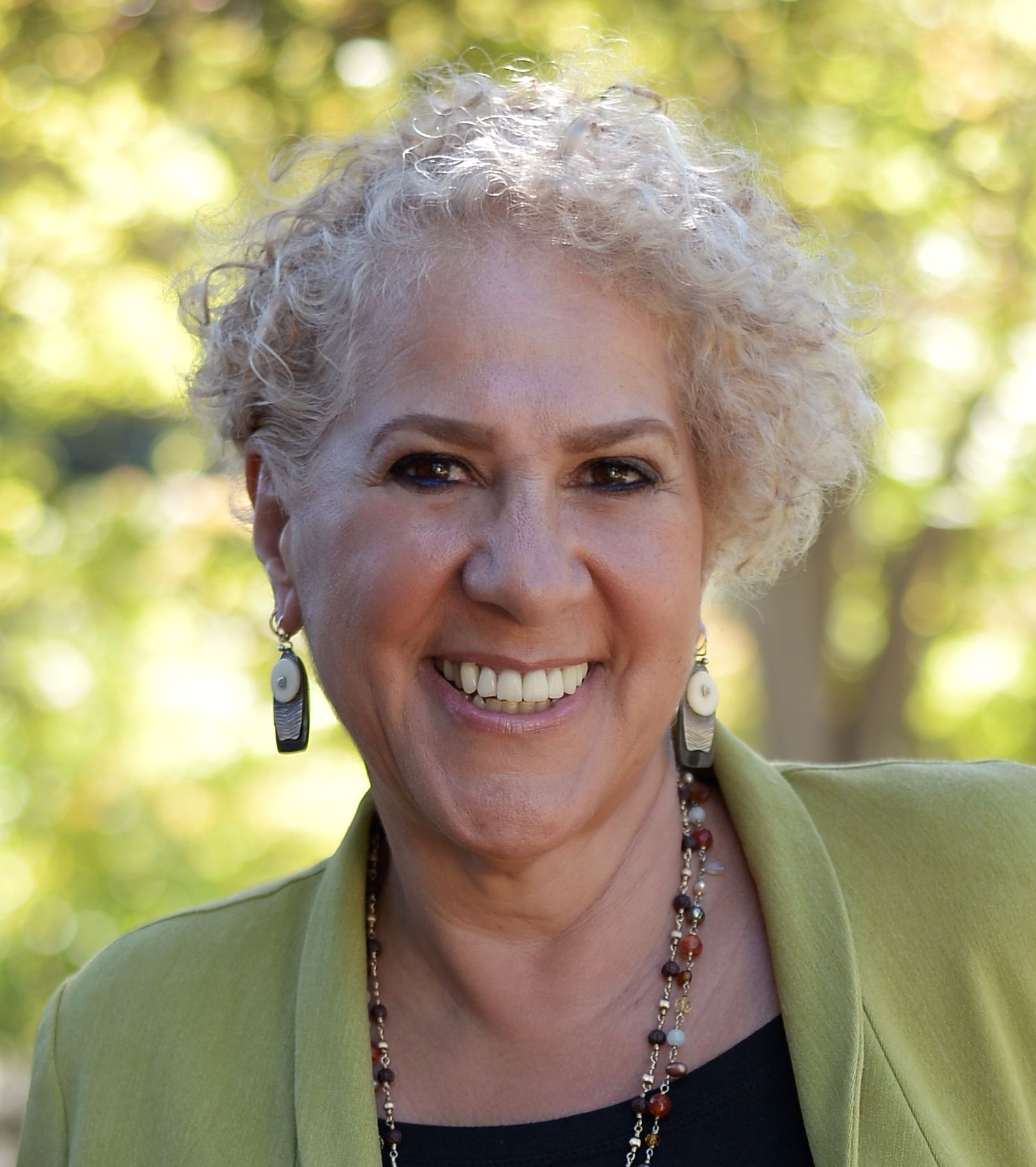
Shakti Butler
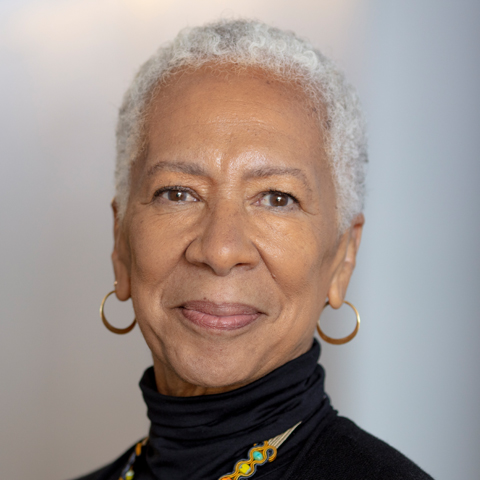
Angela Glover Blackwell
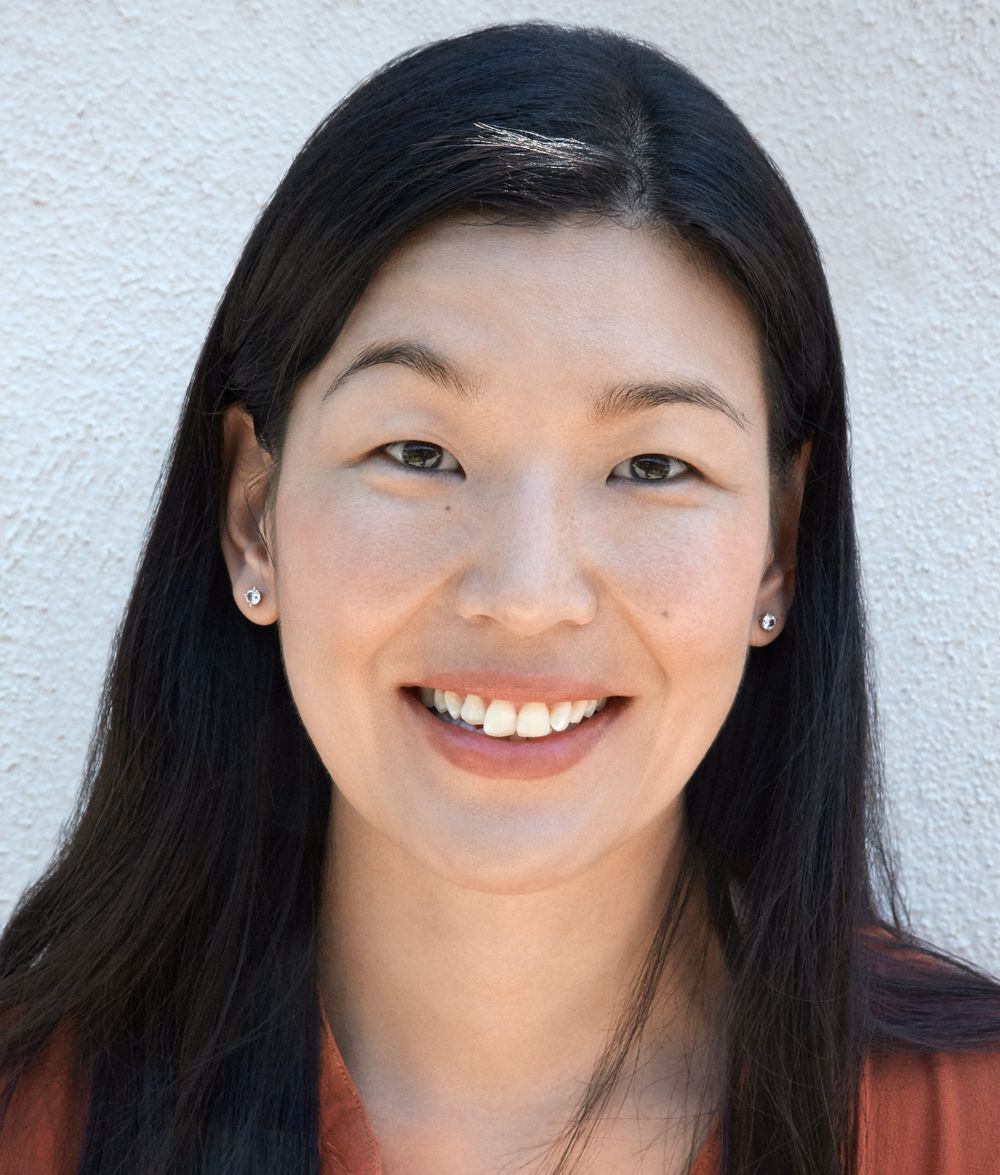
Ai-Jen Poo
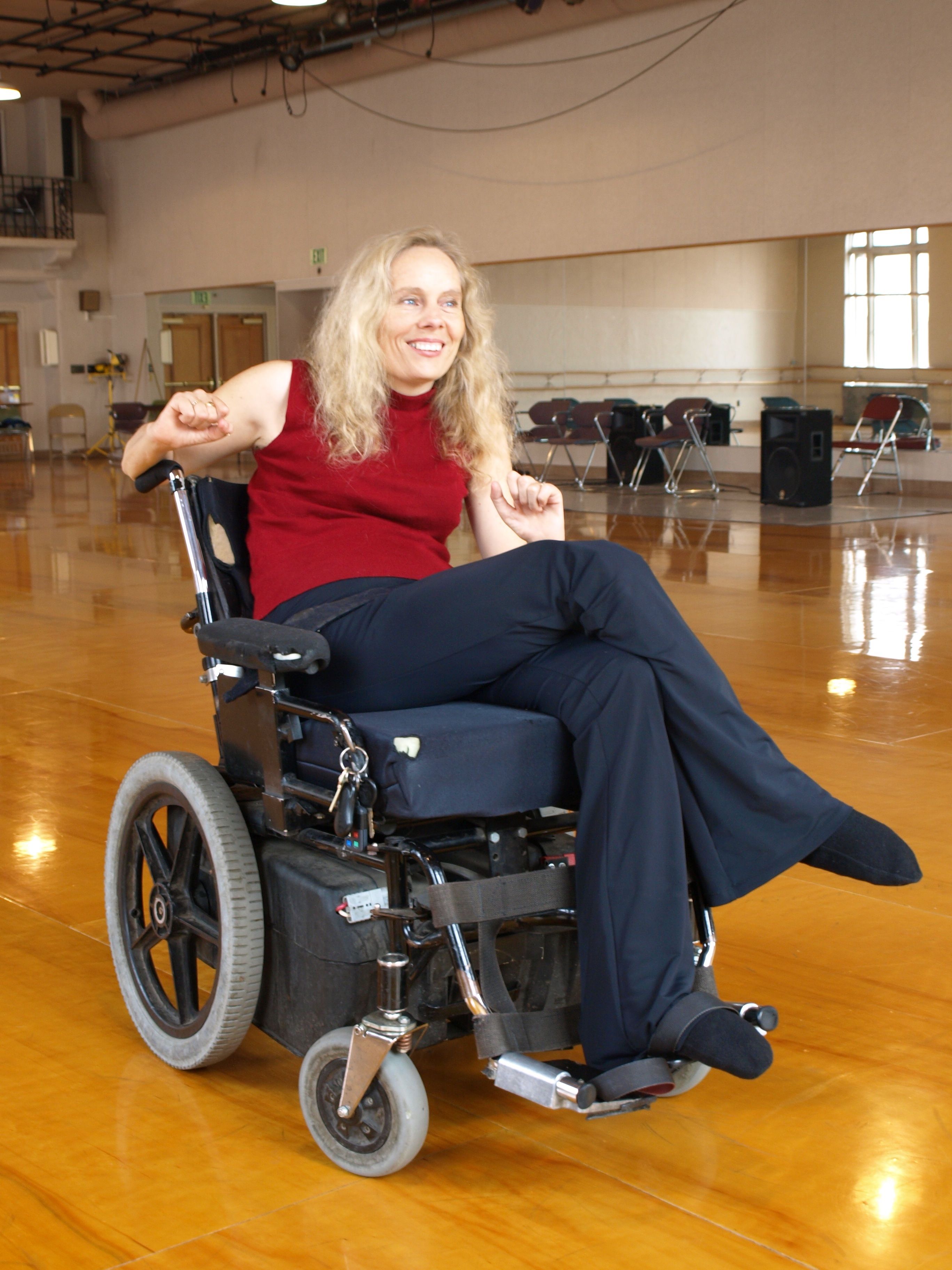
Judith Smith
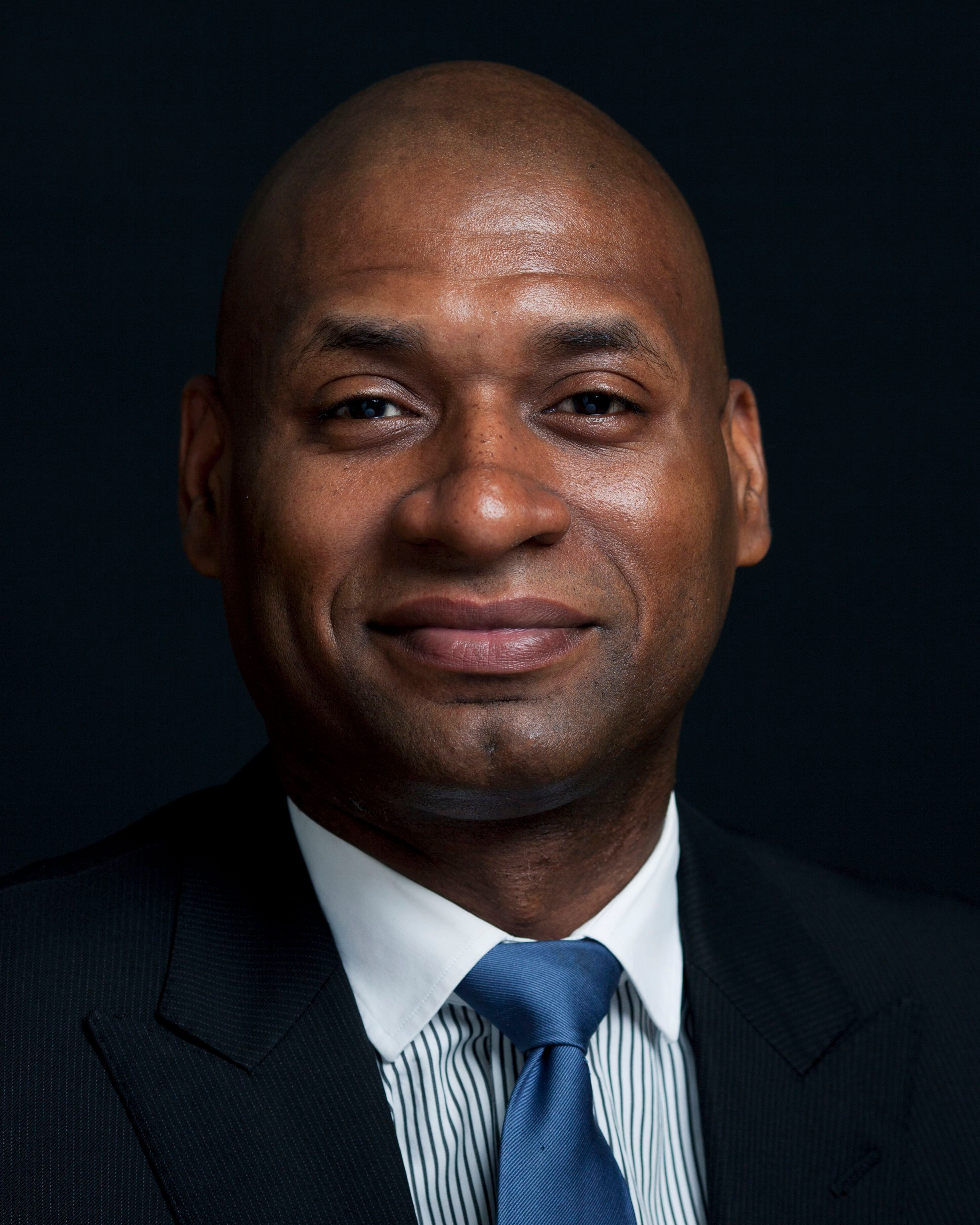
Charles Blow
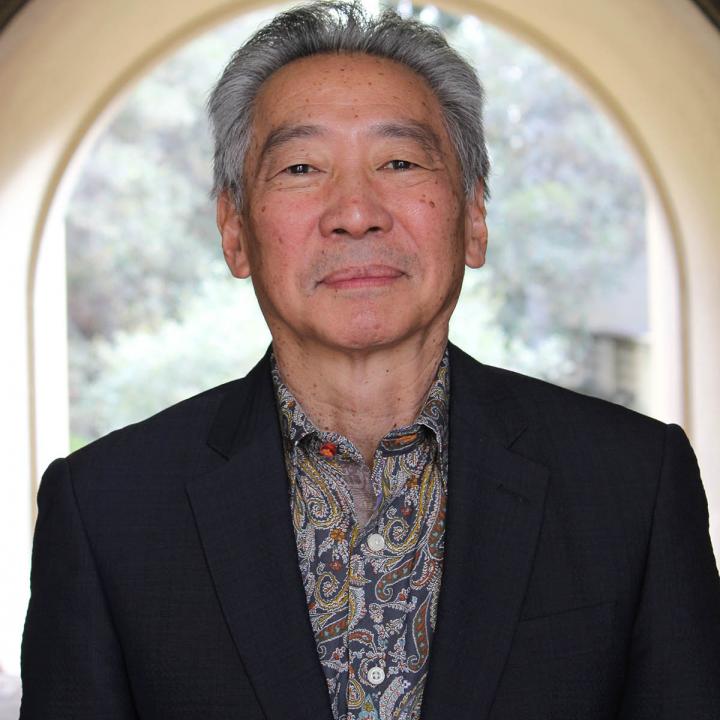
Michael Omi
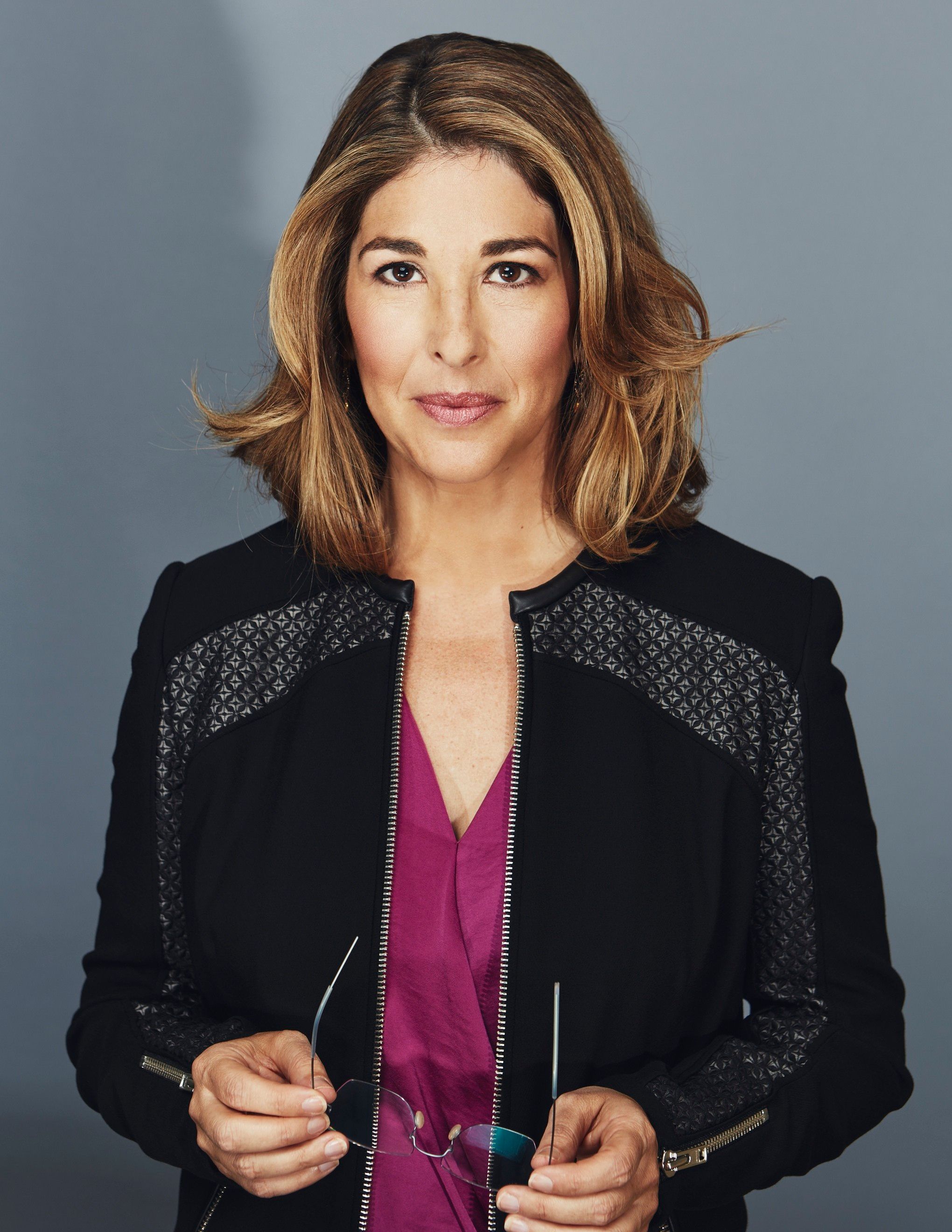
Naomi Klein
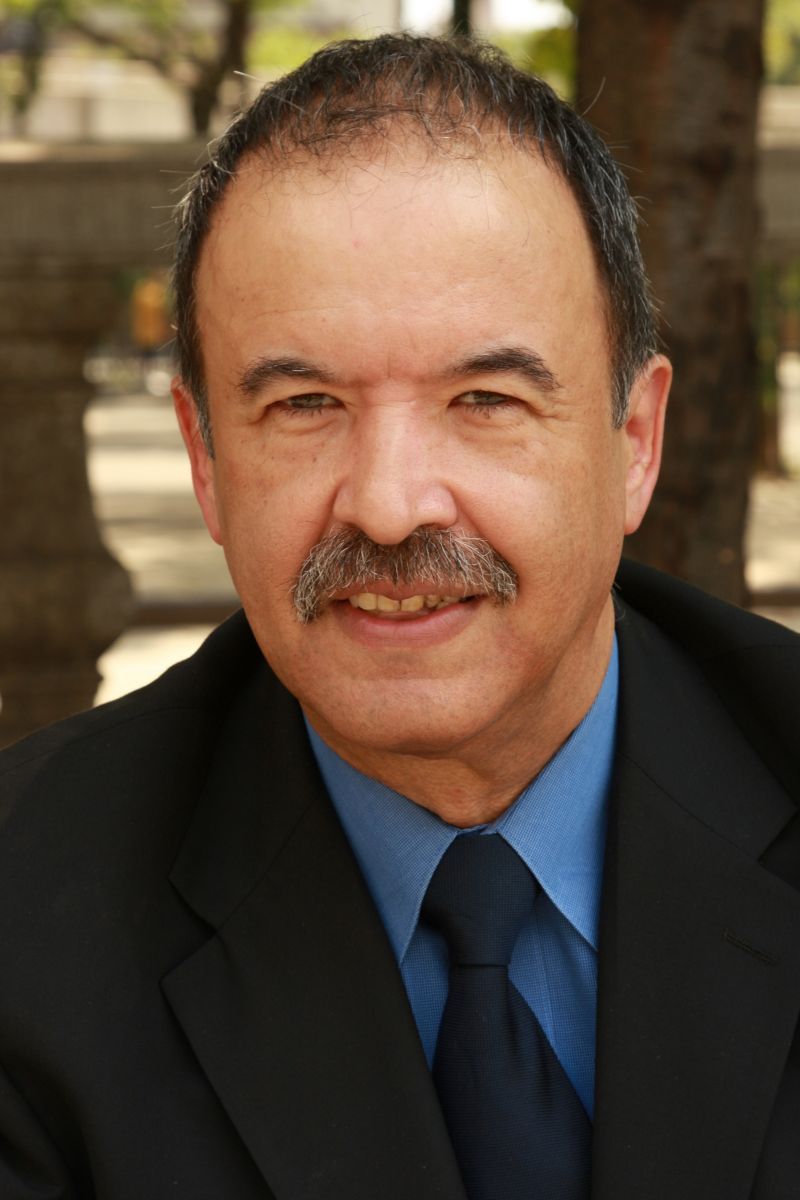
Luis Garden Acosta
2015 O&B Supported By:
Foundation Anchors
- The California Endowment
- The Ford Foundation
- The Annie E. Casey Foundation
- Open Society Foundations
- W.K. Kellogg Foundation
- Akonadi Foundation
Campus Partners
- Division of Equity & Inclusion
- Center for Korean Studies
- Institute for the Study of Societal Issues
Organizations & Businesses
- Bioneers
- Yoga Behind Bars
- Impact Hub Oakland
- PolicyLink
Thank you to the many student groups who promoted Othering & Belonging through their networks and social media channels.

